The cultural exchange event was organized virtually by the students in the Dandelion cultural exchange program, marking the fifth session of Dandelion Program-Cultural Exchange Series. The session came off on June 23rd, 2022 from 14:15 to 15:15 (GMT +8), and was conducted online in Tencent Meeting. The fifth session of the cultural exchange series was scheduled to discuss traditional marriages from different countries, where participating students shared their knowledge and experiences of theirs on the virtual platform despite the impact of the COVID-19 pandemic.
The host and moderator for the fifth session was Amos Abeeku Kittah from Ghana, a master’s student from the TUNEM program. Amos gathered the orators virtually to share about their experiences of marriages in their motherlands or fatherlands. Amos Abeeku Kittah also went on to speak about how Traditional marriages are conducted in Ghana during the very first presentation of the fifth session.
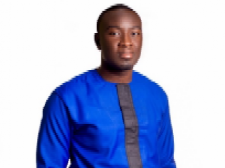
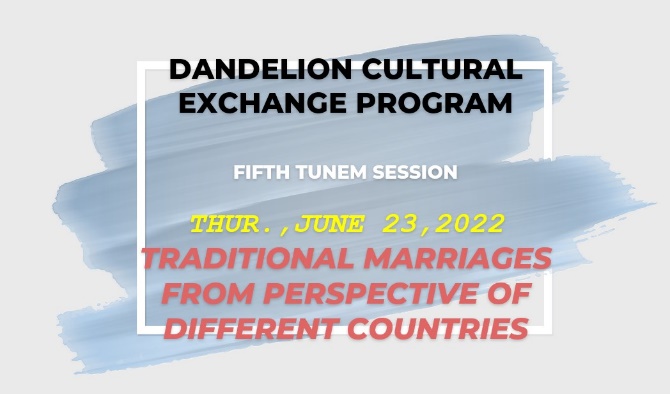
Amos Abeeku Kittah(left), the host and Moderator for the Fifth Session of the Dandelion Cultural-Exchange Program
The Speaker, Amos Abeeku Kittah, spoke about the 6 main parts that constitute a traditional marriage in Ghana; he classified the parts as investigation, introduction, knocking (Kɔkɔɔ kɔ), list, preparation and the traditional marriage.
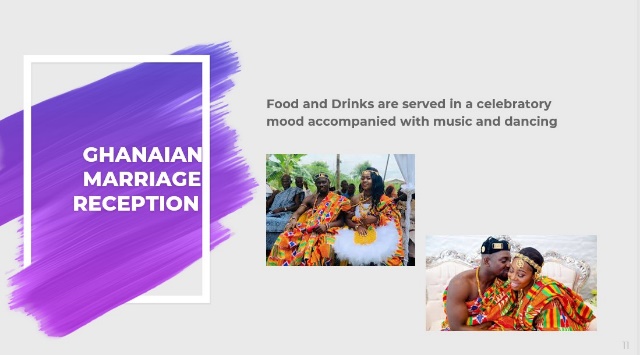
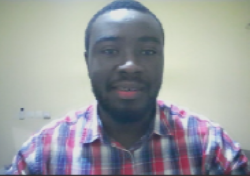
The presenter of the first session, Amos Abeeku Kittah (right) making his presentation about traditional marriages of Ghanian (left).
Philip Lori Eyituoyo, who also an international student in DEP from TUNEM, talked about the unique experience of how traditional marriages in Nigeria were organized. Philip restricted his presentation to only the Itsekiri clan of Nigeria, stated that some elements in the Nigeria marriages bore some semblances to the traditional marriage of Ghanian. In the negotiation of the items to be presented by the groom during the marriage ceremony, the speaker made it known that some items were negotiable but the dowry, items for the priest, items for the bride’s mother as well as items for the bride’s father were non-negotiable.
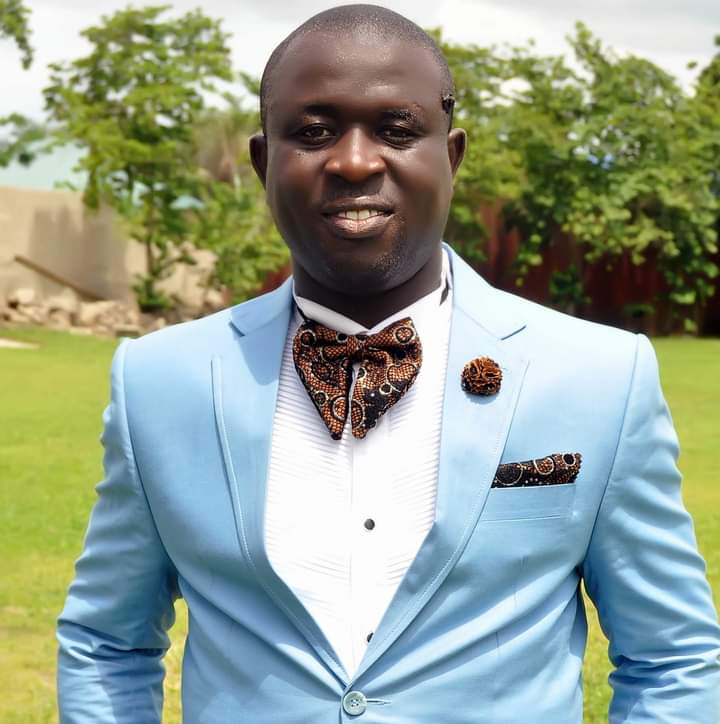
Philip Lori Eyituoyo of Nigeria (left) who shared about the Traditional Marriage of Itsekiri in Nigeria.
The third and final presentation was given by Wilson Kumbaine, another master’s student from TUNEM program of DEP, spoke on the topic of traditional marriage in Uganda. He elaborated on the requirements of traditional marriage in Uganda, mainly about distinctive dressing and apparel used during the marriages. During the presentation, Wilson did well to point out many similarities between traditional marriages in Uganda and those in Nigeria as well as in Ghana. Some of the words used in the Ugandan language also bore semblances to Ghanaian words, for example the word ‘enkokɔ’ which means cock/rooster in both Uganda and Ghana.
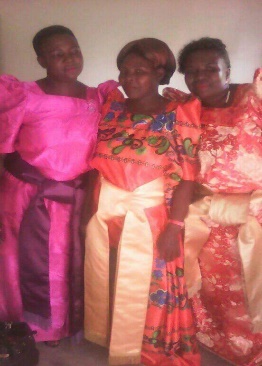
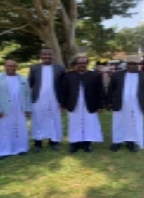

Wilson Kumbaine (right) depicted the traditional attires of marriages for women (left) and men (middle) in Uganda.
There were some differences in the manner of how traditional marriages in Ghana, Nigeria and Uganda were organized. but it also became clear by the end of the session that there were several similarities, and the central idea was that marriages in all these countries involved both families.
There will be 16 more events to be held in a row. By organizing the cultural exchange event, we aim to develop mutual understanding between different countries and cultures around the world and ultimately to develop the global competencies of all TUNEM students.

